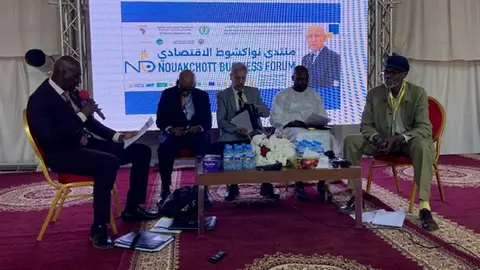Africa will only boost its development if it has women on board
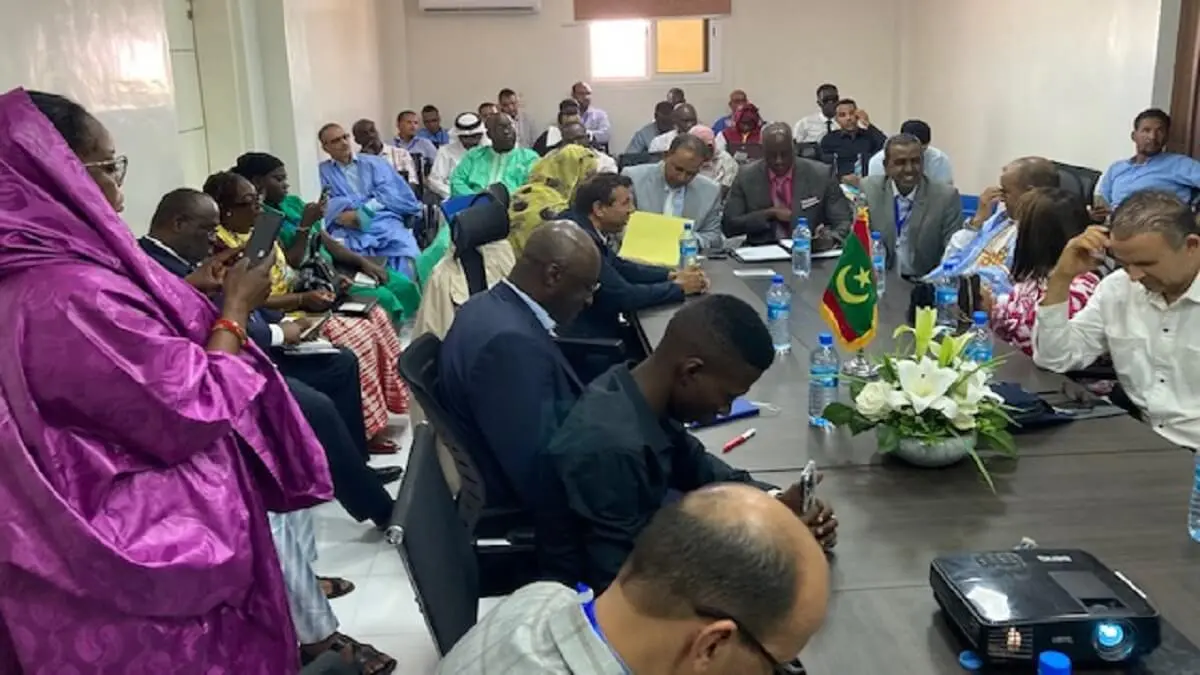
"We must put an end to the prejudices that prevent the vast majority of African women from being economically autonomous, a situation that, by the way, hinders the immense potential of these women to contribute to the development of their own country and the continent," said a small businesswoman from Guinea Conakry, supported by others from the Ivory Coast and Gambia, in the closing debate of the 1st Business Forum held in Nouakchott, the capital of Mauritania.
It was undoubtedly the most intense of those held over three days, with the participation of up to half a thousand investors, businessmen, bankers and journalists, together with leaders and representatives of the public sector from some fifteen countries, including the European countries of France and Spain.
Women, almost 25% of the participants, demanded all cross-border support to support their struggle for equal rights, especially the struggle to achieve their own financial autonomy, a basic condition for the most risk-taking and imaginative women to become entrepreneurs and thus contribute to boosting not only their own family economy, but also the development and social transformation of their countries.
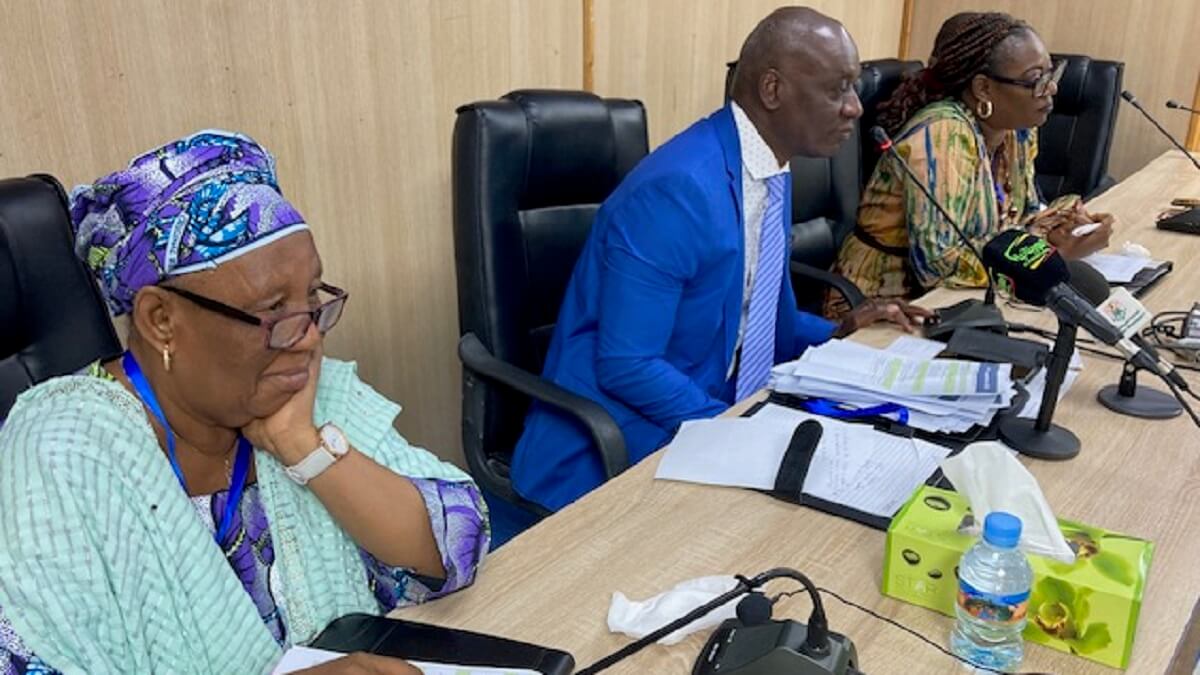
Along with the debates and theoretical presentations, the participants had the opportunity to visit in situ the spaces and places where the Government of Mauritania envisages that they could become important business centres, and, consequently, employment centres also for the natives of the country.
Among these places is the hitherto small fishing port of Tanit, located 70 kilometres north of the capital, which is destined to become a large fish market, where at least a large part of the country's immense fishery resources, now exploited mainly by Spain and more recently by China, will be landed and processed. Tanit is thus destined to replace the limited landscape of its small-scale fishing boats with that of large warehouses for freezing and canning.
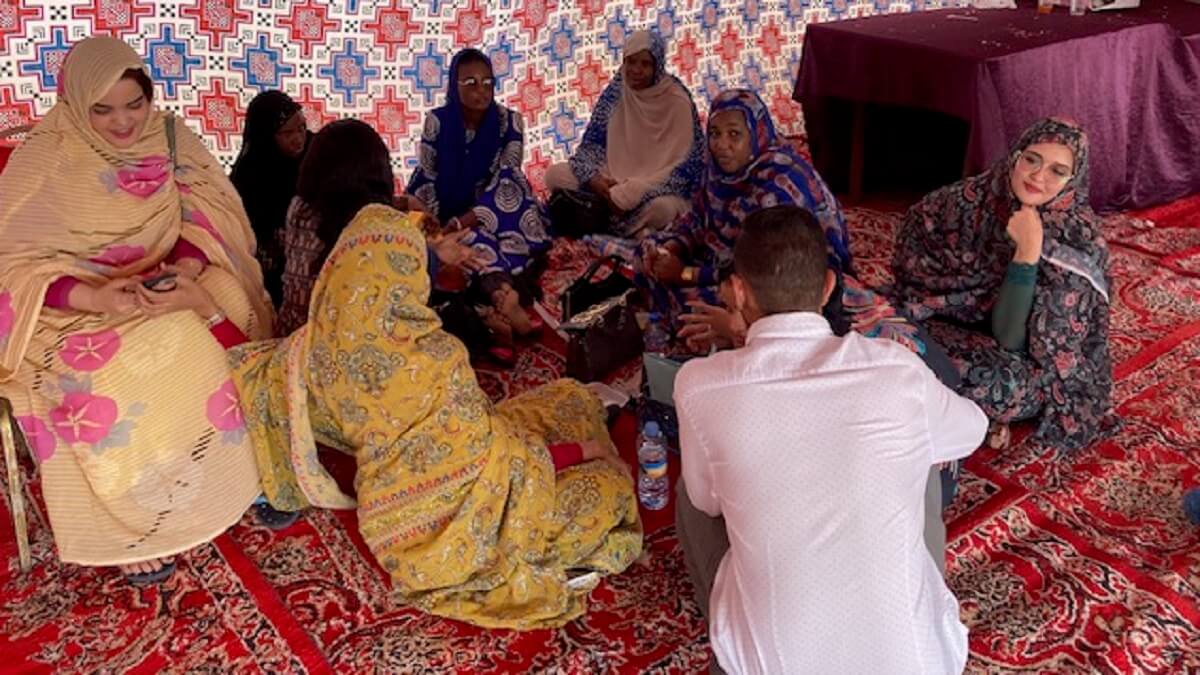
Livestock farming is another promising agro-industrial pole. The aim is to replace small village, neighbourhood or even local slaughterhouses as quickly as possible with industrial complexes that will channel the slaughter, processing and marketing of the large Mauritanian herd, currently comprising 3.5 million head of cattle, 2.1 million camelids, and more than a million sheep and goats, enough to supply not only the domestic consumption of the 4.5 million Mauritanians but also exports to neighbouring countries, under the best possible conditions.
This also implies modernisation of an incipient fleet of refrigerated lorries, which also entails the construction and modernisation of the much-improved road network.

The organisers of the 1st Business Forum, the International Network of Arab and African Journalists (RIJAA), believe they have achieved the objectives they set out to achieve: to facilitate, through practical contacts, foreign investors to set their sights on the entire region, and in particular on Mauritania. The President of the Parliament, Mohamed Ould Meguet, who received a delegation of the speakers at the end of the sessions, expressed his satisfaction at having shown through this initiative "a country that is the western link between black and Arab Africa, a reason among many others to serve as a platform for contact, development and progress for both".
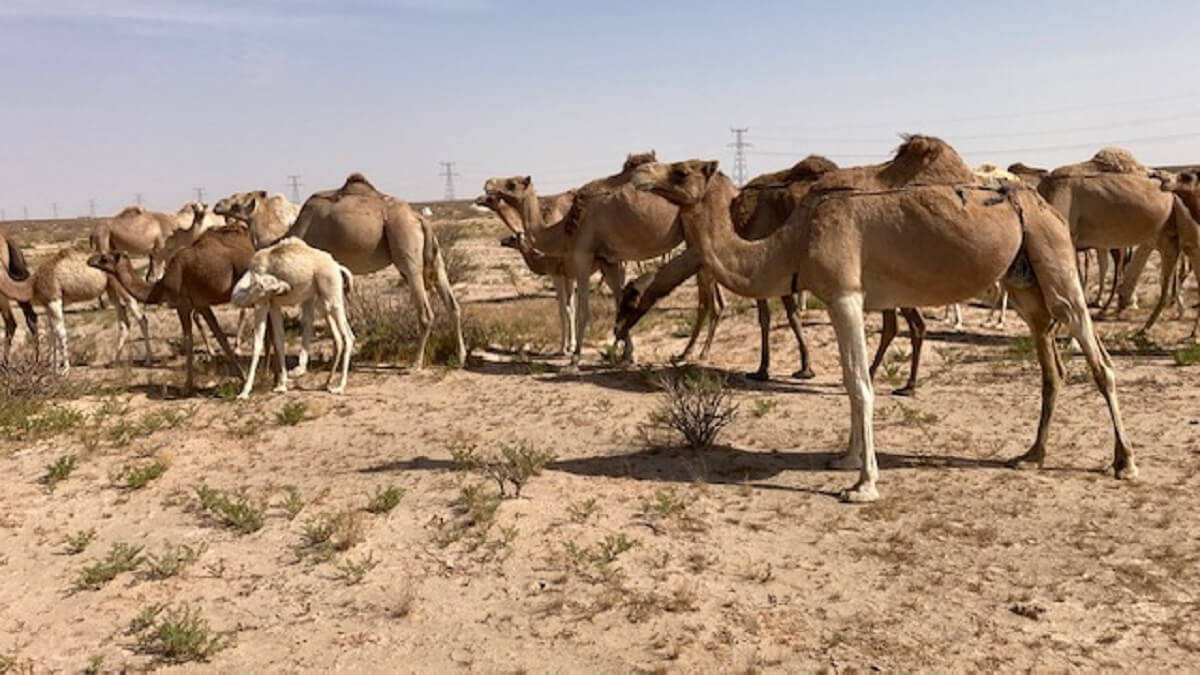
Meguet, the second highest authority of the State of Mauritania after President Ghazouani, expressed his conviction that this initiative and those that follow and support it must respond to the hopes of African youth: 400 million people between the ages of 15 and 35, who aspire to and need horizons other than those of forced and illegal emigration to Europe.


